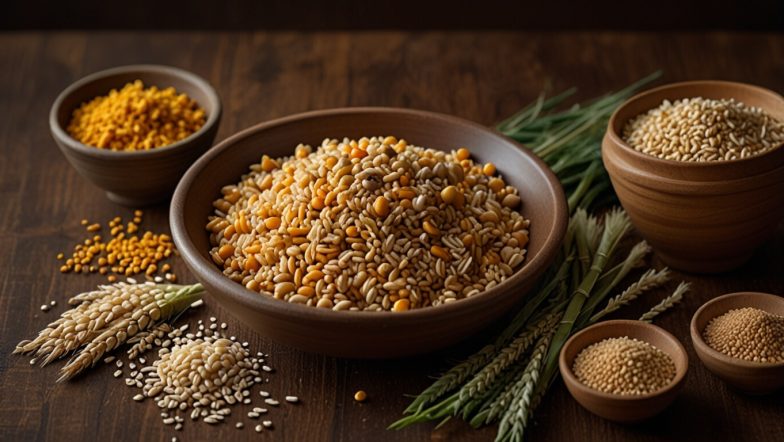Food has always been more than just sustenance; it’s a cultural bridge that connects people, stories, and traditions. Nigerian and African cuisines exemplify this idea, as they bring together diverse flavors, ingredients, and culinary techniques that transcend borders and create a sense of unity. The rich tapestry of spices and flavors woven into these cuisines reflects the continent’s history, geography, and cultural interactions. Lets explore how Nigerian and African cuisines play a significant role in connecting hearts and palates, celebrating the shared heritage and diversity of the continent.
The Melting Pot of Flavors
African cuisine is a reflection of the continent’s remarkable diversity, incorporating a myriad of ingredients and techniques that have been influenced by centuries of trade, migration, and cultural exchange. Nigerian cuisine, in particular, stands out as a microcosm of this rich blend, with its use of local produce, spices, and cooking methods. From the savory jollof rice to the aromatic egusi soup, Nigerian cuisine showcases a harmonious interplay of flavors that symbolize unity within diversity.
Culinary Heritage and Tradition
Food in African societies is often deeply intertwined with history and tradition. Many recipes and cooking practices have been passed down through generations, embodying the essence of community and shared experiences. Nigerian cuisine’s emphasis on communal eating, where dishes are often enjoyed together from a shared platter, fosters a sense of togetherness that goes beyond the dining table.
The Power of Spices
Spices are the heart and soul of both Nigerian and African cuisines. These flavor-packed ingredients not only add depth and complexity to dishes but also have historical significance. Spices like cloves, cardamom, and cinnamon, introduced through ancient trade routes, tell stories of connections with faraway lands. The fiery scotch bonnet pepper and fragrant scent leaves are distinctive elements that elevate Nigerian dishes and create a memorable sensory experience.
Celebrations and Unity
In African cultures, food is an integral part of celebrations and gatherings. Whether it’s a wedding, a festival, or a simple family reunion, the act of preparing and sharing meals unites people. Nigerian and African cuisines have a unique ability to evoke feelings of nostalgia and belonging, making them essential components of forging connections between people from various backgrounds.
Global Influence and Fusion
In today’s interconnected world, Nigerian and African cuisines are transcending geographical boundaries and influencing global culinary trends. African flavors and ingredients are finding their way into international kitchens, sparking a newfound appreciation for the continent’s gastronomic treasures. This global recognition further strengthens the connection between hearts and palates, fostering a sense of pride among Africans and those who appreciate their cuisine.
Conclusion
Nigerian and African cuisines are more than just food; they are an embodiment of history, culture, and community. The harmonious blend of spices, the tradition of communal eating, and the power of celebrations all contribute to the unique ability of these cuisines to connect hearts and palates. As the world continues to embrace diversity and interconnectedness, the flavors of Nigerian and African dishes serve as a reminder that unity can be found in the most unexpected places – around the dining table, where stories are shared, friendships are forged, and hearts are brought together.







Leave a comment